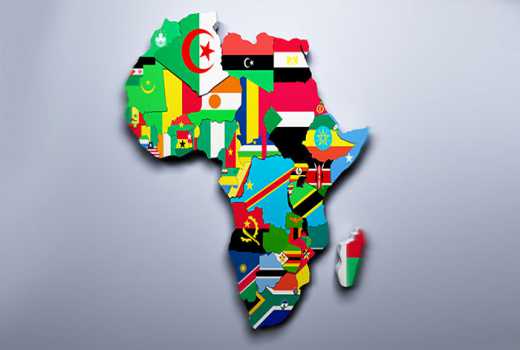×
The Standard e-Paper
Kenya’s Boldest Voice

The signing of the Sh300 trillion ($3 trillion) free-trade zone agreements in Kigali, Rwanda, last month by Africa leaders sends out a signal globally that time has come for the continent to chart its own path.
Successful implementation of the three protocols signed at the summit hallmarks the beginning of the effects that followed the partitioning of Africa at a conference held in Berlin, Germany, in the 1880s.